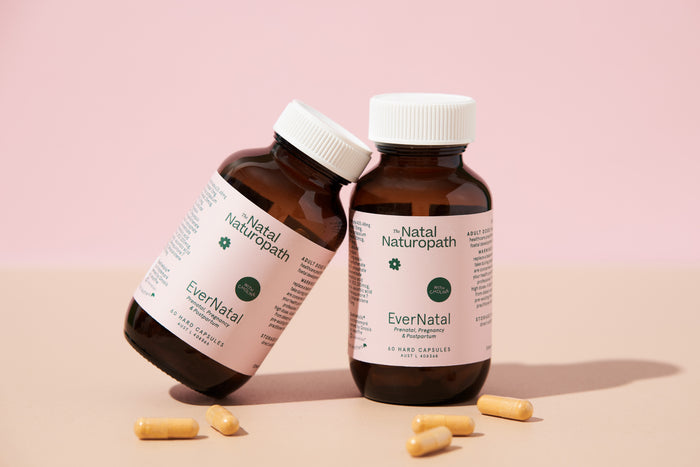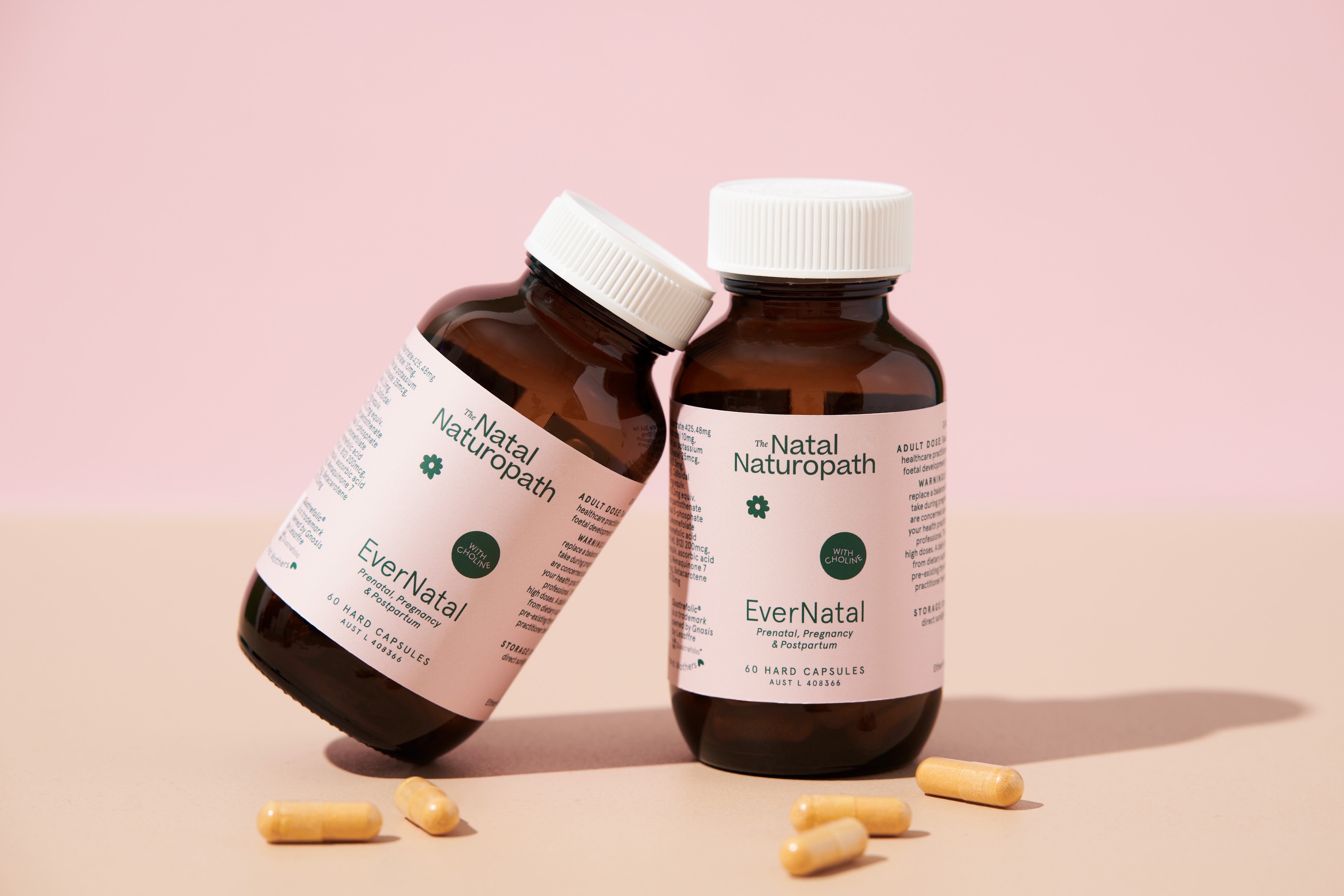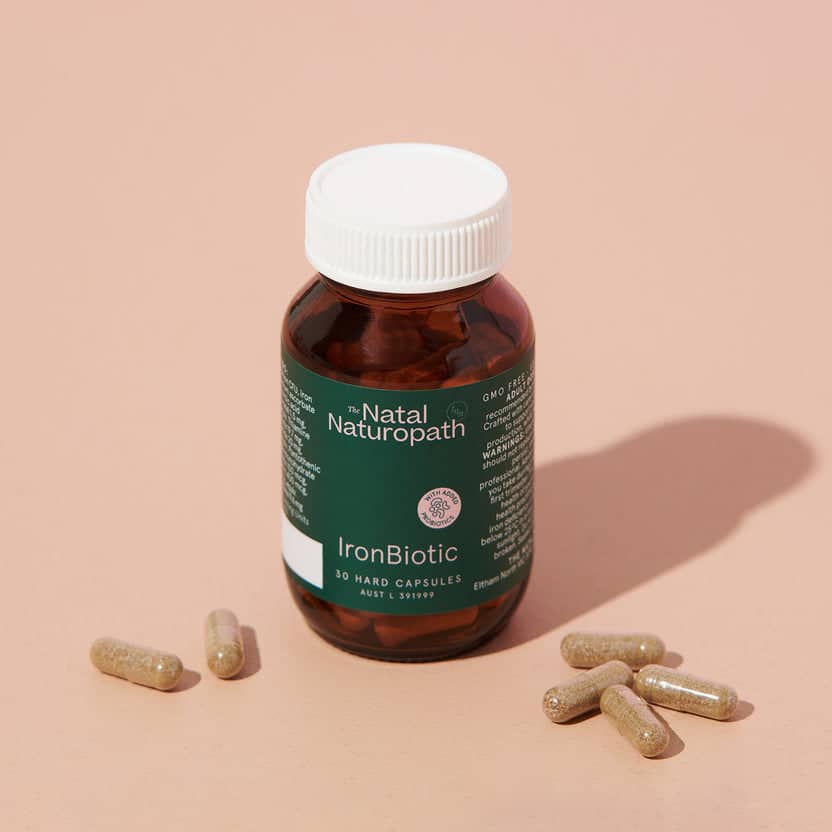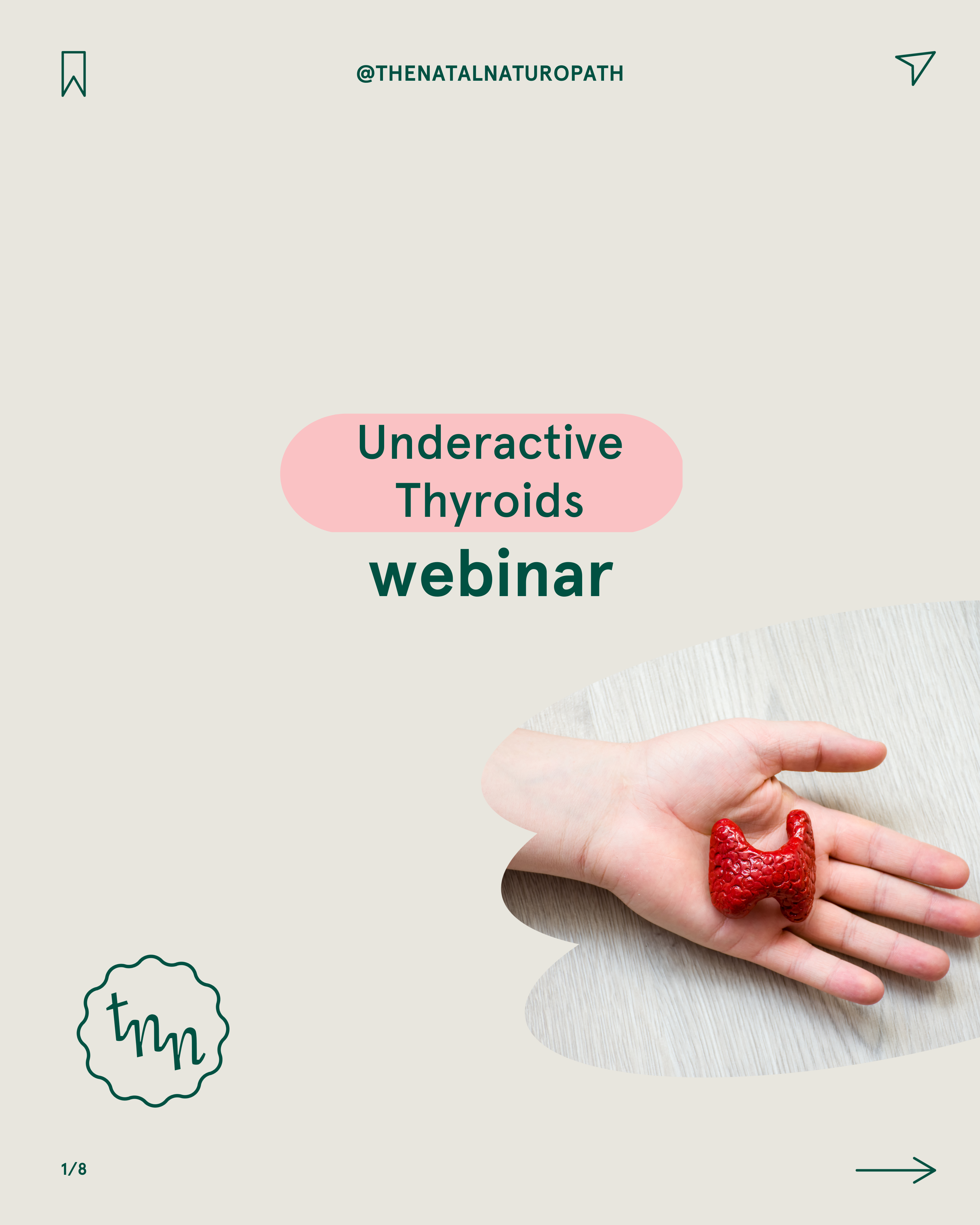Can stopping A1 dairy products relieve period symptoms?
For some women, stopping normal dairy products can relieve period symptoms.
This improvement is often due to the reduction in the inflammatory response triggered by mast cells and histamine to A1 casein, a dairy protein found in some types of milk. In particular, A1 casein can be broken down in the digestive system into an opioid peptide known as casomorphin, specifically an inflammatory variant called BCM7.
BCM7 is capable of causing inflammation through various mechanisms, including the activation of mast cells which then release histamine and other inflammatory agents.
It's important to note that goat, sheep, and milk from certain cow breeds like Jerseys, do not contain A1 casein. In Australia, dairy without A1 casein is labeled as A2 dairy, signifying it contains only A2 casein. Interestingly, a significant portion of people, possibly half, do not experience adverse reactions to A1 casein as they do not convert it into BCM7, thus avoiding the inflammatory histamine response.
Determining whether to try a dairy-free diet involves assessing your specific menstrual symptoms. It's not a universal remedy for all menstrual issues.
Eliminating A1 dairy may be beneficial for those experiencing allergic or allergy-like premenstrual symptoms such as
- fluid retention
- hives
- itching
- headaches
- nausea.
It can also be effective in addressing premenstrual brain fog and anxiety, as histamine acts not only as an inflammatory mediator but also as a neurotransmitter that can induce anxiety, potentially contributing to certain PMS and PMDD symptoms. Furthermore, for symptoms like breast pain, menstrual cramps, and heavy periods, avoiding A1 dairy might offer relief due to the high concentration of mast cells in breast tissue and the uterine lining.
If you suspect that your menstrual discomforts might stem from a mast cell reaction to A1 casein, the strategy involves consistently steering clear of all conventional dairy products containing A1 casein. This means excluding regular milk, yogurt, and cheese from your diet every day, not just during your period, and continuing this for at least three menstrual cycles. Foods like butter, ricotta, and whey protein might still be acceptable due to their minimal casein content.
Consumption of dairy from goats, sheep, buffalo, or A2-producing breeds like Jersey cows is likely safe. However, lactose-free dairy options should be avoided as they still contain casein.
Persisting with this dietary change for a minimum of three menstrual cycles is essential to accurately gauge its effectiveness. After the third cycle, take the time to evaluate the changes in your symptoms.
Consider the severity of your premenstrual symptoms, the level of menstrual pain experienced, and any changes in the heaviness of your menstrual flow.




 You're only $120.00 away from unlocking free shipping
You're only $120.00 away from unlocking free shipping



